After getting stopped and arrested for DUI, you need experienced legal counsel to help you protect your rights, reputation, and future. Contact The Law Office of Steven Ellman today for a confidential consultation with a dedicated DUI attorney.

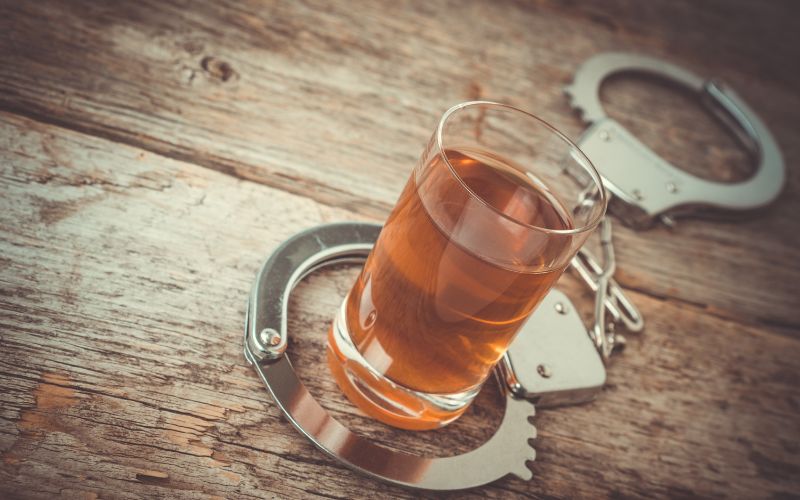
Getting arrested for a DUI in New Jersey can cause you to feel shocked, embarrassed, and scared. You may worry about the consequences of an arrest and conviction for DWI, including the potential for fines, driver’s license suspension, and jail time. A DWI offense can have long-term consequences for your personal and professional life. Understanding your rights when facing a DUI charge can help protect your interests during the arrest, booking, and court process.
Police officers may stop your vehicle on suspicion of DWI or for another traffic violation, such as speeding or running a stop sign. They might also stop your vehicle as part of a DWI checkpoint. For regular traffic stops, law enforcement must have reasonable suspicion or probable cause that a driver has committed a traffic violation or a crime.
Police DWI checkpoints can stop drivers without reasonable suspicion. However, officers must use a neutral, objective method for selecting vehicles to stop (e.g., stopping every fourth vehicle). You do not have to drive through a DWI checkpoint. However, you cannot make any illegal maneuvers to turn around or otherwise avoid the checkpoint. Violating traffic laws gives police at the checkpoint probable cause to stop you.
During a traffic or DWI checkpoint stop, the officer may ask specific questions if they become suspicious that you might be intoxicated, such as “Where are you coming from?” or “Have you had anything to drink?” The officer may ask you to exit your vehicle for field sobriety tests. However, during a traffic stop, you have the right to remain silent, which means you do not need to tell the officer anything about your activities before the stop. Although the officer may make it seem like you must submit to field sobriety tests, you can legally refuse them.
After a DWI arrest, you continue to have the right to remain silent and refuse to answer questions about your suspected intoxication. You also have the right to an attorney before deciding to answer the police’s questions and to have your lawyer present during questioning.
After an arrest and booking, you will receive a date for an initial court hearing, also known as an arraignment. Arraignments in DWI cases typically occur within a few days of an arrest. During the arraignment, the trial judge will formally advise you of the charges against you, explain the potential penalties if convicted, explain your rights, confirm whether you have or want legal representation, and take your plea. If you have a DWI defense attorney, your lawyer may advise you to waive the arraignment to avoid going to court before your trial date.
Before trial, you can request discovery from the state, which includes reviewing the evidence the state intends to present at trial. Information you obtain in discovery can help your DUI lawyer determine the best strategy for your case. If you choose not to plead guilty or cannot resolve your DWI case through a motion to dismiss, the court will schedule a date for a trial.
New Jersey DWI cases are bench trials, which means the judge will preside over the trial and render a verdict instead of trying the case before a jury. However, the prosecution and your DUI defense attorney can present evidence and examine and cross-examine witnesses. The state must prove beyond a reasonable doubt that you committed the offense of driving while intoxicated. If the trial judge finds you guilty, they will immediately impose a sentence for your offense.
By preparing for your court appearances, you can give yourself the best chance of a favorable outcome to your DWI case. Tips to get ready for court include:
Following a DWI arrest, police will want to conduct a chemical test to confirm your alcohol intoxication and determine your blood alcohol content (BAC). Chemical test results serve as critical evidence in a DWI case proving that a driver operated a vehicle under the influence of alcohol or drugs.
Law enforcement will typically conduct a breath, blood, or urine test to check for the presence of alcohol or drugs in a person’s system. Most New Jersey law enforcement departments use the Alcotest machine to perform breath tests to check for alcohol in a driver’s system.
Under New Jersey’s implied consent law, you must submit to a breath, blood, or urine test upon the police’s request following a DWI arrest. However, the police cannot physically force you to provide a sample or forcibly remove a sample from your body without a warrant. However, refusing to submit to testing for a DWI may result in civil or administrative penalties, including fines, suspension of your driver’s license, and auto insurance surcharges.
When police officers violate your constitutional rights during a DWI arrest and conviction, you may have grounds to challenge the state’s case and to seek dismissal of the DWI charge.
For example, if the police stopped you without reasonable suspicion/probable cause or failed to read your Miranda rights before questioning, you could have grounds to move to exclude any of the state’s evidence obtained by the police’s violation of your rights. If the prosecution has insufficient evidence to prove its case, you can file a motion to dismiss the charge.
After getting stopped and arrested for DUI, you need experienced legal counsel to help you protect your rights, reputation, and future. Contact The Law Office of Steven Ellman today for a confidential consultation with a dedicated DUI attorney.


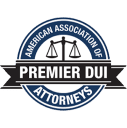
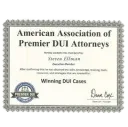
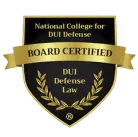











| Monday | Open 24 hours |
| Tuesday | Open 24 hours |
| Wednesday | Open 24 hours |
| Thursday | Open 24 hours |
| Friday | Open 24 hours |
| Saturday | Open 24 hours |
| Sunday | Open 24 hours |

| Monday | Open 24 hours |
| Tuesday | Open 24 hours |
| Wednesday | Open 24 hours |
| Thursday | Open 24 hours |
| Friday | Open 24 hours |
| Saturday | Open 24 hours |
| Sunday | Open 24 hours |

| Monday | Open 24 hours |
| Tuesday | Open 24 hours |
| Wednesday | Open 24 hours |
| Thursday | Open 24 hours |
| Friday | Open 24 hours |
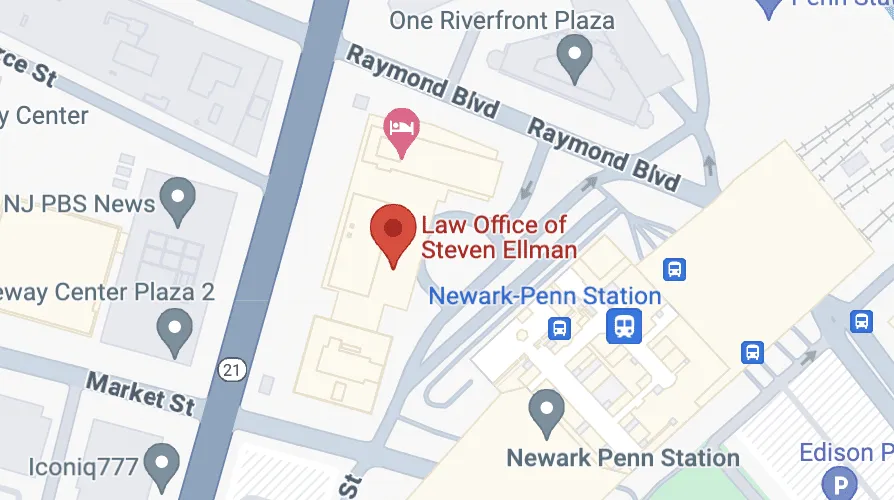
© 2024 All Rights Reserved. The Law Office of Steven Ellman